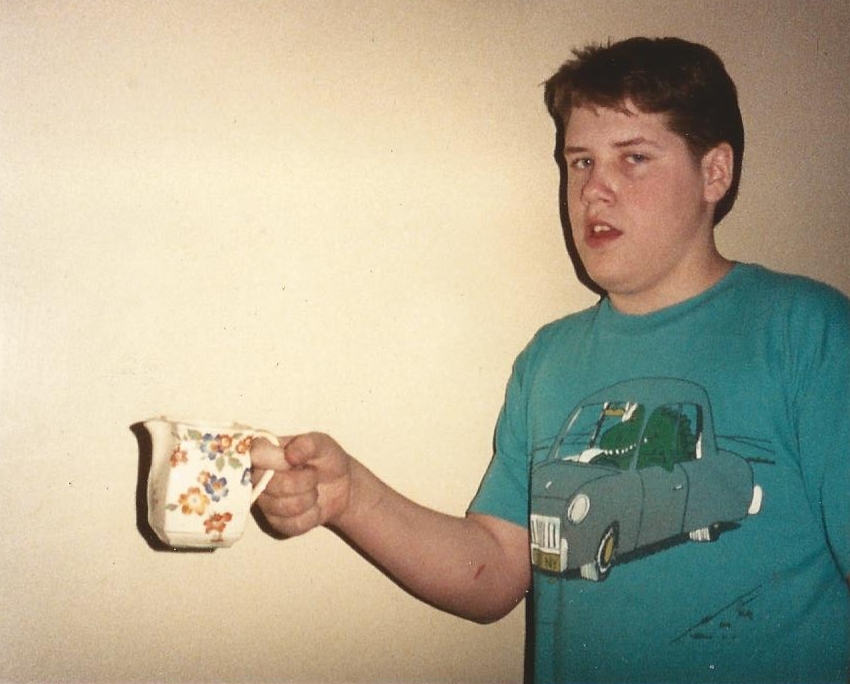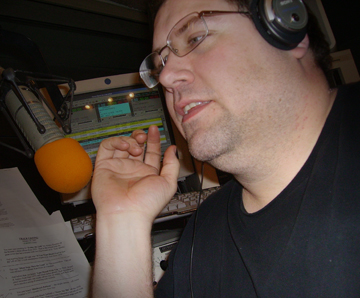Contemplate in the morning.
Pull weeds in the afternoon.
The joys and labor of a single day
Are part of a whole journey.
If all you want is spiritual realization, it isn’t that difficult. For the average person, a dozen years under the guidance of a good teacher will probably give it to you. That’s shorter than what it takes to be a good musician, athlete, or artist. It’s even shorter that the time it will take you to collect your pension. If you have the good fortune to study with the right person, you can succeed in a relatively short amount of time.
But after you get it, then what? Many of us place such an emphasis on attaining realization that we may forget to put it in context. What actually matters is to walk Tao, maintaining vitality until we meet our end in a timely way. Spiritual realization is essential, but it is not everything.
A starving person dwells inordinately on the thought of food. Likewise, a spiritually hungry person can only think of realization. One who has food can place it in the right context, just as one who has understanding can place it in the correct perspective. Followers of Tao therefore do not emphasize enlightenment as an ultimate goal. For them, realization is a means, not an end. Their emphasis is on the act of living. They use the word longevity, not because they want to live forever, but because it symbolizes their determination to live the entire course of their lives well.










